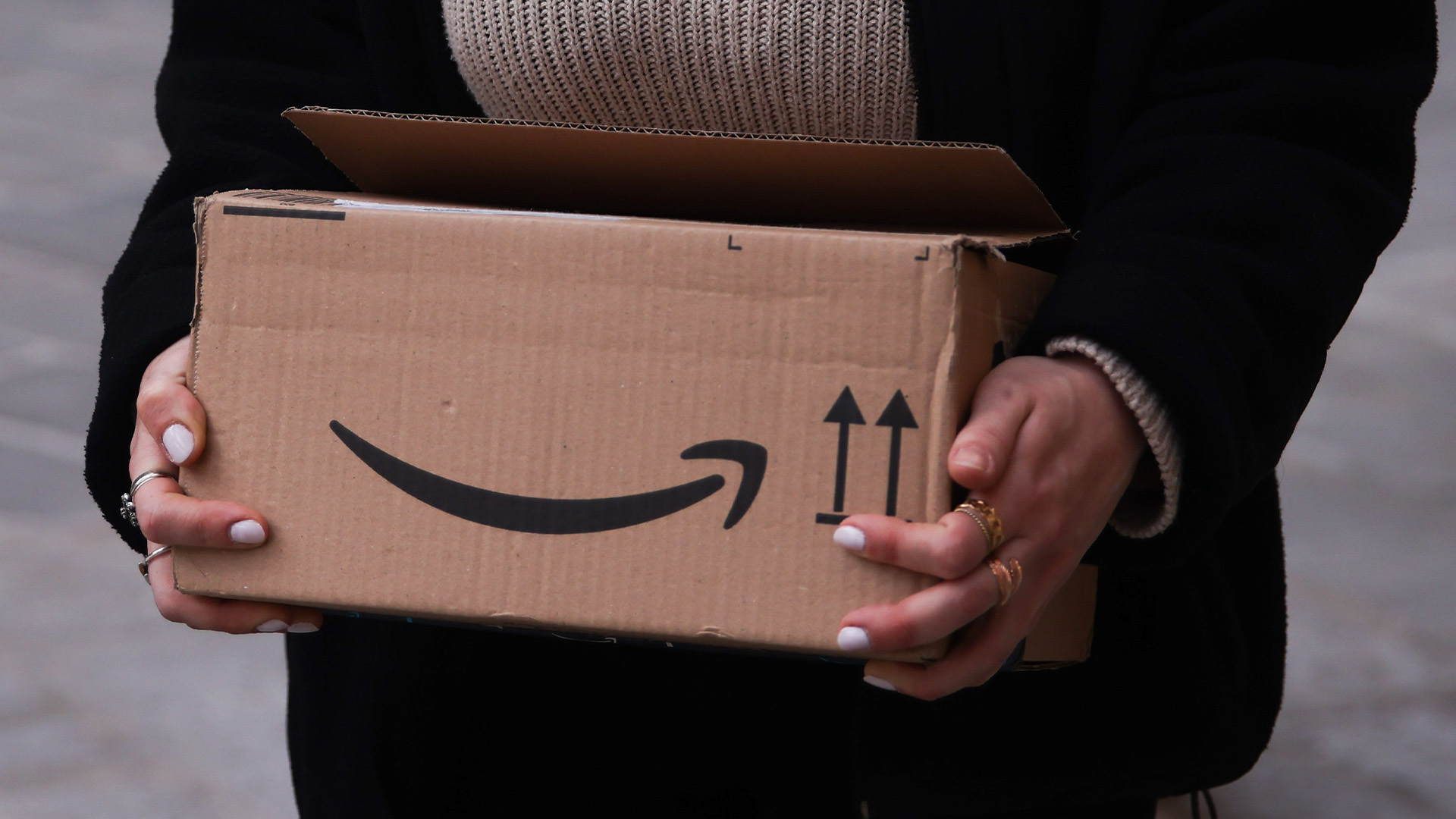A recent report reveals Amazon quietly increased prices on household essentials following tariffs introduced in President Donald Trump’s second term. As trade policies changed, the e-commerce giant raised costs on many everyday items without notifying shoppers.
Retail giant quietly adjusts prices after tariffs
The Wall Street Journal reviewed nearly 2,500 household items sold on Amazon between Jan. 20 and July 1 to track price changes. The analysis found notable increases, including a 30% jump in the price of a can of Campbell’s soup, from $1.98 to $2.58. Other everyday essentials, such as deodorant, detergent and food products, saw at least a 5% increase.
Amazon said the Journal’s analysis does not accurately reflect inventory or pricing across the entire company. Amazon said in a statement, “We have not seen the average prices of products offered in our store change up or down appreciably. Our commitment to offering low prices—not relative percentage changes—is what delivers the most value to our customers.”
One example cited in the report was a metal storage basket from an Ohio-based company, Dayglow, which climbed from $9.31 to $19.99 on Amazon. Meanwhile, the same product remained steady, or even dropped in price, on Walmart’s and Target’s websites. The manufacturer confirmed that it had not raised wholesale prices, despite higher import costs resulting from new tariffs.
Walmart cuts prices while Amazon faces tighter margins
In April, Amazon announced its intention to maintain low prices, but new data tells a different story. According to the Journal, prices rose on about 1,200 of Amazon’s lowest-cost household items. The data, provided by e-commerce analytics firm Traject Data, also showed that Walmart took the opposite approach, cutting prices on nearly identical products by around 2%.
The Journal reports that Amazon struggles to make a profit on low-cost essentials, as shipping costs eat into its already narrow profit margins, according to Corey Thomas, a consultant who works with Amazon vendors. He noted that Walmart has more flexibility, as many online shoppers also make in-store purchases, which helps counteract the losses.
Trump tells Walmart to ‘eat the tariffs’
Since returning to office, President Trump’s administration has expanded tariffs on goods imported from countries like China, raising costs for manufacturers and retailers.
Walmart’s top executive, Doug McMillon, met with President Trump at the White House in April, alongside other retail leaders, to raise concerns about how new tariffs could affect shoppers.
A month later, the company warned the administration that the added import duties were likely to increase prices on basic goods, ranging from groceries to child safety products.
Trump responded in a post on Truth Social, criticizing Walmart and saying the company makes billions of dollars and should “eat the tariffs” rather than pass on added costs to its “valued customers.”
